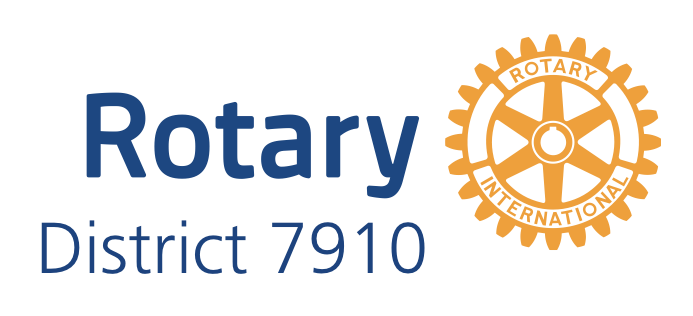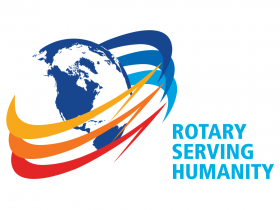Interact Actions - June ???, 2017
Fun with Interact Peer Leadership & Depression Prevention
By Bob Anthony
.jpg)
Interact teens in Puerto Rico, the United States and India are having fun introducing content from a Boston Children’s Hospital curriculum. Even as they enjoy teaching healthy coping and problem-solving skills such as PIP (problems, ideas, plans), they also deliver important information that is not known everywhere. Examples include:
- One in five cases of depression are wholly preventable
- Depression is a disease that usually begins in children.
The Interact teens attend train-the-trainer workshops - just as faculty would - and then facilitate the four 45-minu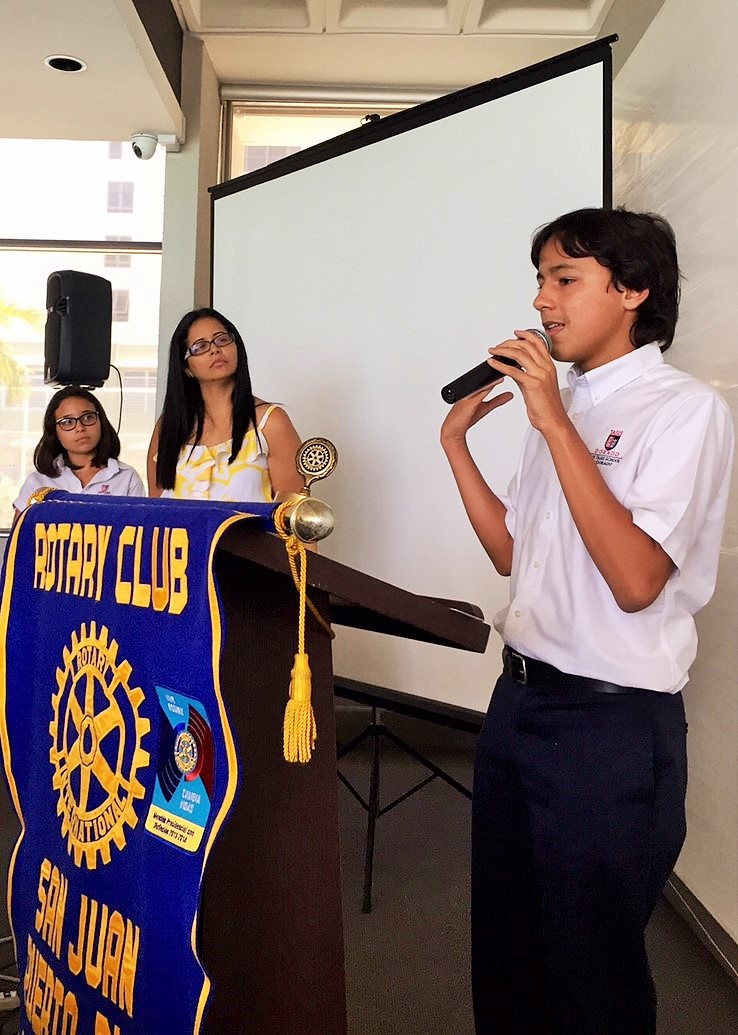 te curriculum modules to every student in either a grade at a school or a community youth group. Some youth groups go on to deliver subsets of the content on their own, creating skits or discussing video clips. The core-curriculum outcomes are improvements in knowledge, help-seeking confidence and attitude as measured through pre- and post-surveys. In addition to the direct outcomes, Wellesley Rotary gained two moms and a dad as new members!
te curriculum modules to every student in either a grade at a school or a community youth group. Some youth groups go on to deliver subsets of the content on their own, creating skits or discussing video clips. The core-curriculum outcomes are improvements in knowledge, help-seeking confidence and attitude as measured through pre- and post-surveys. In addition to the direct outcomes, Wellesley Rotary gained two moms and a dad as new members!
 te curriculum modules to every student in either a grade at a school or a community youth group. Some youth groups go on to deliver subsets of the content on their own, creating skits or discussing video clips. The core-curriculum outcomes are improvements in knowledge, help-seeking confidence and attitude as measured through pre- and post-surveys. In addition to the direct outcomes, Wellesley Rotary gained two moms and a dad as new members!
te curriculum modules to every student in either a grade at a school or a community youth group. Some youth groups go on to deliver subsets of the content on their own, creating skits or discussing video clips. The core-curriculum outcomes are improvements in knowledge, help-seeking confidence and attitude as measured through pre- and post-surveys. In addition to the direct outcomes, Wellesley Rotary gained two moms and a dad as new members!The Peer Leadership and Depression Prevention project was started by Wellesley Interact. It was brought into nearby communities through a District Grant, and then through a Global Grant brought it through San Juan Rotary into schools in Puerto Rico, where students achieved improvements of 146 percent in knowledge, 32 percent in help-seeking and 10 percent in attitude. An Interact club is making a multilingual video about mental-health and wellness promotion, and a local hospital is actively engaged for referral and training.
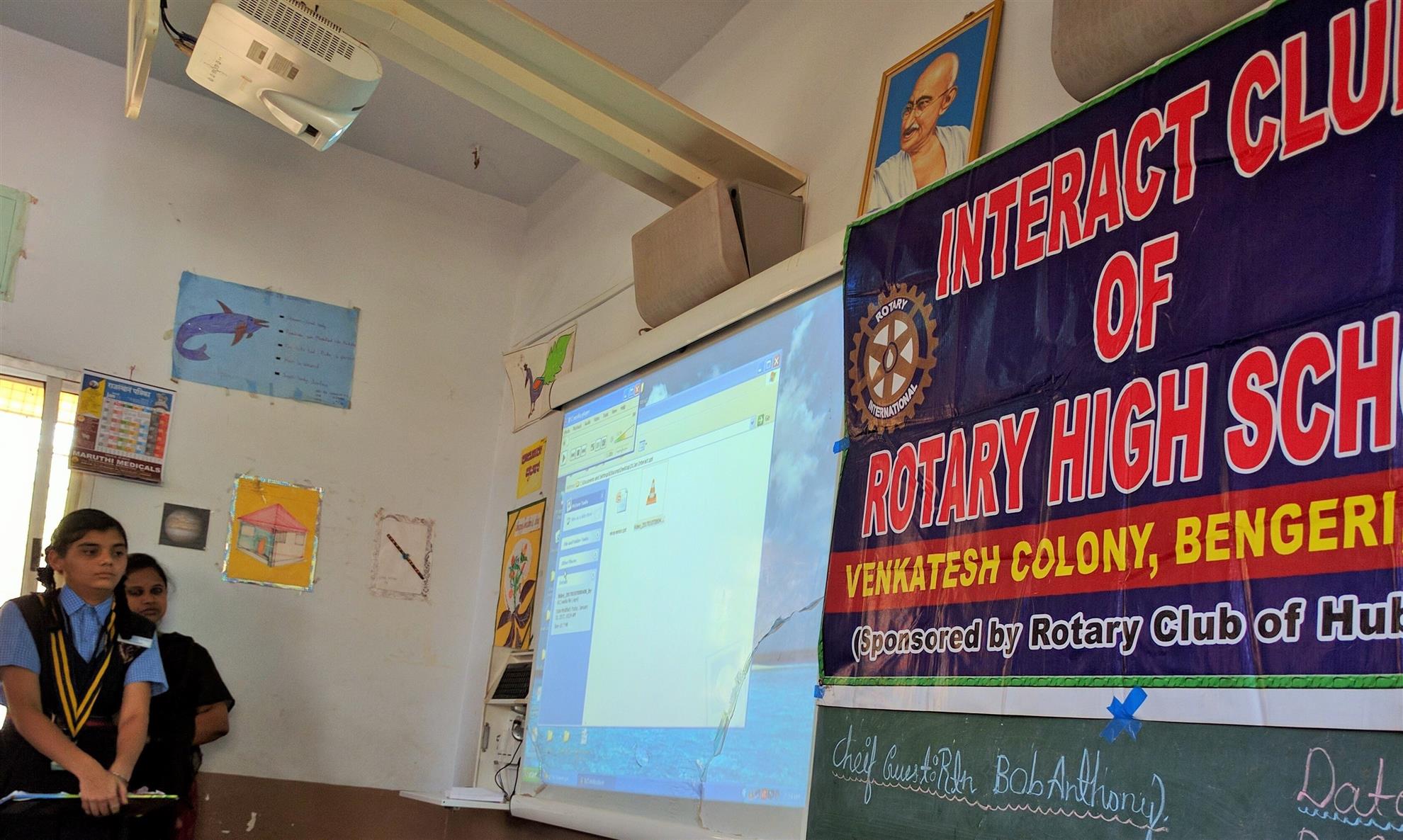 A second Global Grant brought the project to 1,000 standard 8-10 students in rural India through Hubli East Rotary. For the first time, the schools have a referral protocol, provided by the project through the Karnataka Institute of Medical Science. After the training, the school faculty explained that they first learned through this training that depression was a disease of children. They said they have changed their discipline style in hopes of better understanding what the students are thinking. The students are learning it is okay to talk about emotions, and that it is healthy to address the emotions. They are having fun with related drawings on anger, joy and sadness in the journals they began for the project.
A second Global Grant brought the project to 1,000 standard 8-10 students in rural India through Hubli East Rotary. For the first time, the schools have a referral protocol, provided by the project through the Karnataka Institute of Medical Science. After the training, the school faculty explained that they first learned through this training that depression was a disease of children. They said they have changed their discipline style in hopes of better understanding what the students are thinking. The students are learning it is okay to talk about emotions, and that it is healthy to address the emotions. They are having fun with related drawings on anger, joy and sadness in the journals they began for the project.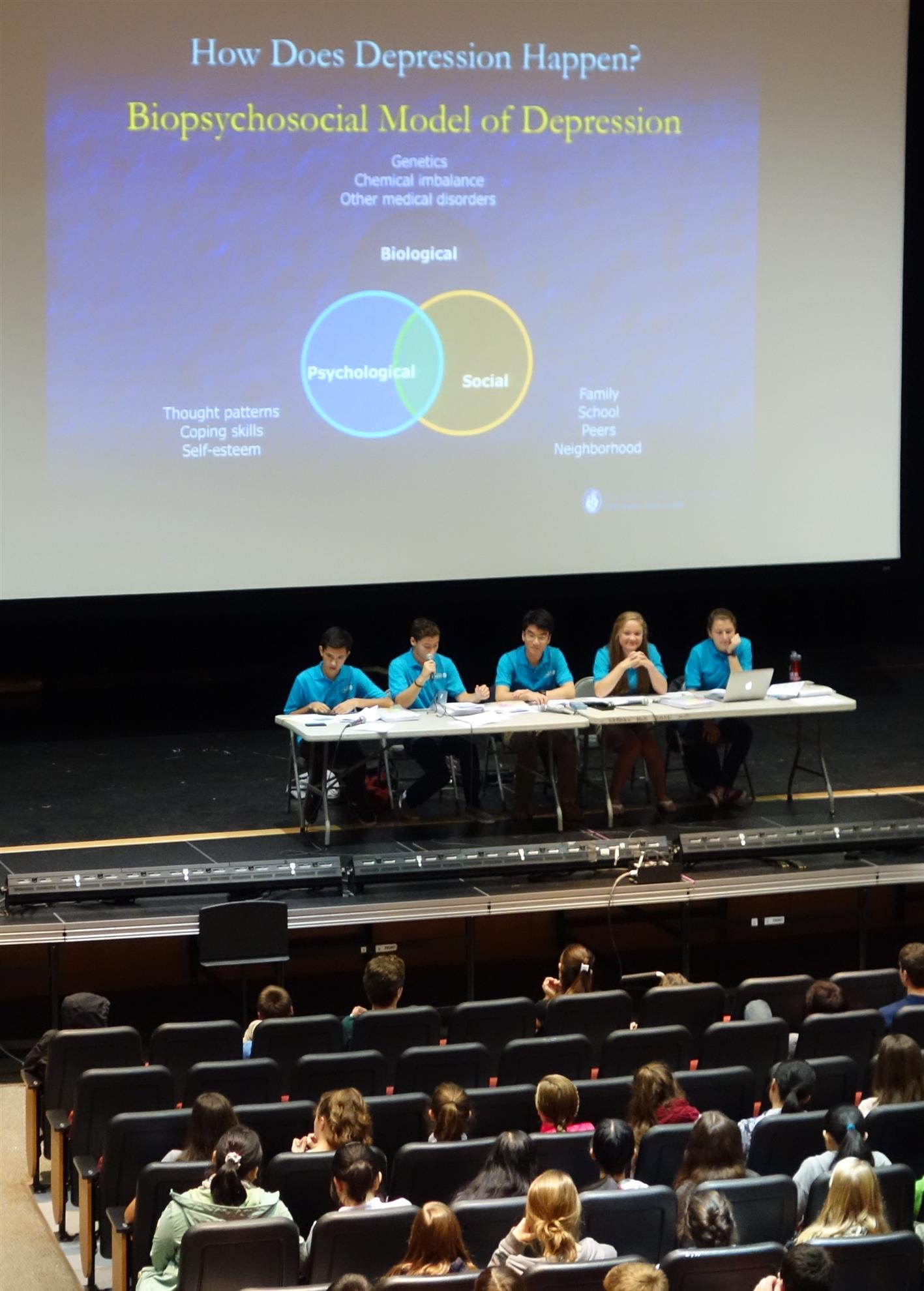
The next country planning to implement the project is Nigeria, and I hope Rotary clubs everywhere will implement it soon. I will be glad to share both the materials and the Global Grant template, and there is an online project guide.
Bob Anthony, chair of the District Interact Committee, may be reached at rwa1645@gmail.com.
